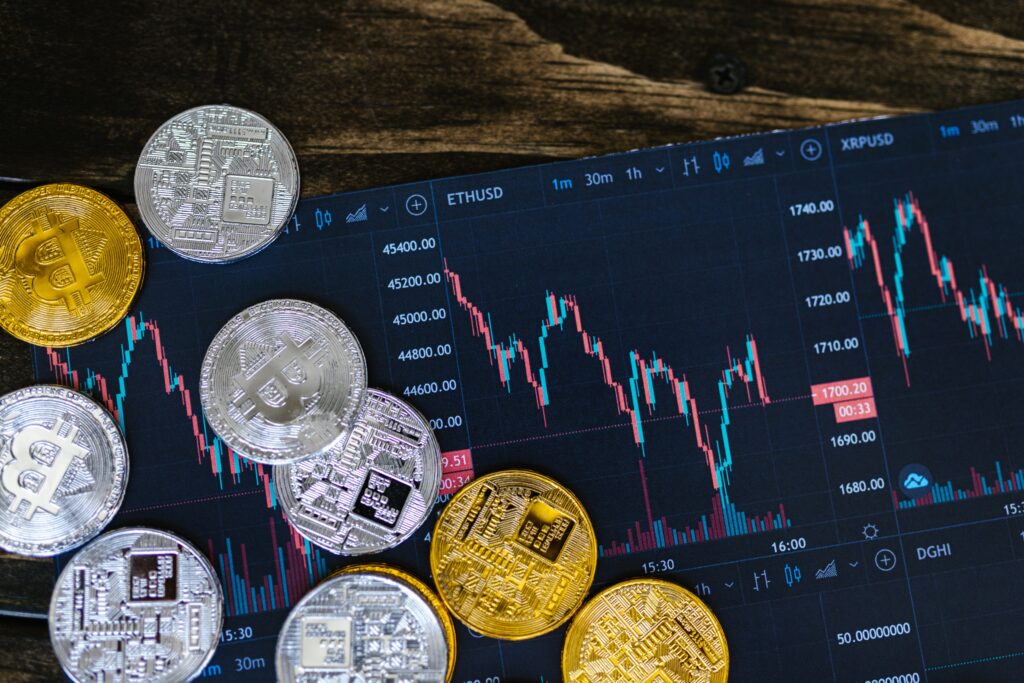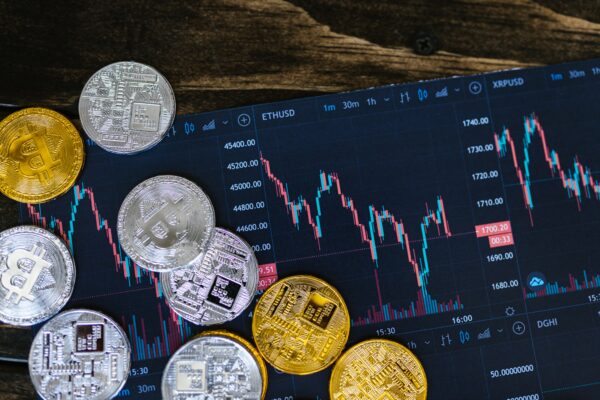Robinhood’s had a pretty bad year, hasn’t it?
When the Robinhood app launched, it was poised to vastly disrupt the industry of at-home investing. The mobile app made it easy for people to invest from their phones. It gave voice to the often ignored retail investor.
But the Robinhood app eventually betrayed retail investors during the entire GameStop/AMC debacle, ultimately ending up on the wrong side of Reddit. This year has seen Robinhood’s stock regularly tanking… until now.

Robinhood App Surges in Stock Market
While everyone else was going down, Robinhood was going up. Robinhood lost 40% of its value this year, but regained 25% when crypto-billionaire Sam Bankman-Fried took a 7.6% stake in it. Does that mean anything?
Well, maybe.
Sam Bankman-Fried runs FTX, a popular cryptocurrency exchange that has made cryptocurrency far more accessible. The jump in Robinhood’s pricing could indicate a couple of things. First, maybe crypto bros just want to invest in an investor. Maybe they see advantages in crypto expertise.
Second, it could just be the meme. It’s very possible that people simply reinvested in Robinhood because they see “crypto” and they think “good bet.” Really, anything works; people want to believe in the Robinhood mobile app because they want investing to be easy and accessible. Perhaps that’s why it hurt so much that they were betrayed.
The Future of Robinhood
The reality of investing is that it’s designed to protect large fortunes. When you have a David-vs-Goliath situation, David will generally lose out. The skepticism surrounding Robinhood is that Robinhood may very well be ordering trades or making trades in ways that injure smaller investors.
Robinhood has been notorious for pausing trading during times of high volatility. When GME was soaring, they took away the purchase button. Now, that’s not entirely unheard of. The stock market itself stops working whenever there’s a crash.
The problem is that these times of high volatility are generally when a retail trader makes their money. A rich person can put $1,000,000 in a bank account and get thousands back. But if a retail trader is only working with a few thousand to start with, they need to engage in riskier bets.
So, there are a lot of people still using Robinhood. But there are also a lot of people disenchanted with the process. The entire stock market is rigged around not transferring too much wealth in one direction at a time because when that happens, well, the markets crash.
Could a Crypto Billionaire Help?
Well, maybe. A crypto billionaire is certainly more likely to have their finger on the pulse and know what people want. At the same time, we don’t really know what his plans are for influencing the company, even if there are any. The stated reason that he invested was that he saw Robinhood as a good investment. At 40% down from its prior valuation, it very well could have been. A 7.6% stake, even in a company as large as Robinhood, isn’t that much.
But perhaps the news of the stock jump matters. It certainly seems that investors are eager to believe in Robinhood. Robinhood does fulfill a vital position within the investing ecosystem. And if someone were to create an all-encompassing app that was more trustworthy than Robinhood, they would probably be able to capture a significant portion of the market.
Pigs Get Fat, Hogs Get Slaughtered
One thing to remember in all this: It’s not hard to make money in a bull market. The stock market was racing to unseen highs for over ten years. Investors made money hand over fist, not because they were great investors, but simply because they existed.
A lot of retail investors made fortunes. A lot of them lost fortunes. But a disproportionate amount made money just because they weren’t screwing up badly enough to compensate for the sheer market inflation.
Now that we’re in a bear market, we’re going to see a lot more losses. We’re going to see “great investors” lose their shirts. And we’re going to see our day-trading uncles suddenly wonder why it’s “so hard.” How that impacts Robinhood remains to be seen.

